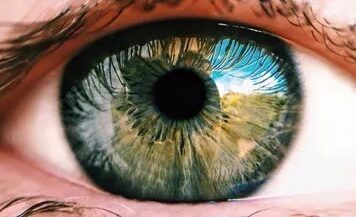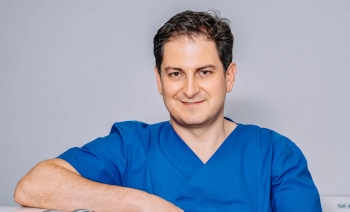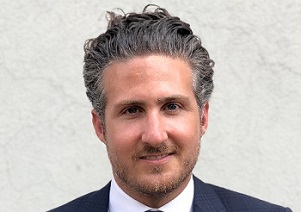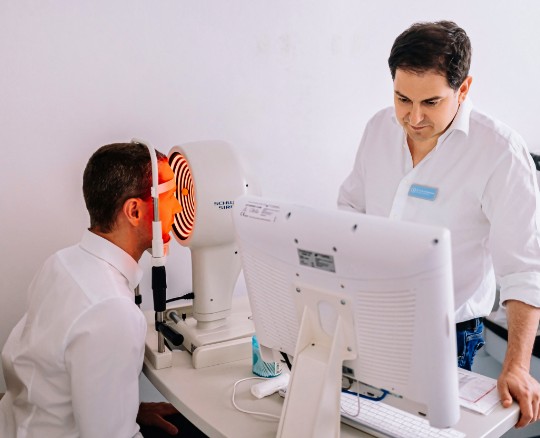Lens surgery: refractive lens exchange & lens implantation in comparison
Laser eye surgery is not always the best solution for getting rid of severe short-sightedness, long-sightedness, presbyopia, astigmatism and cataracts (cataract surgery) and being able to do without glasses and contact lenses permanently.
Lens surgery offers patients who would otherwise be limited and dependent on visual aids for the rest of their lives, or who would go blind due to cataracts, the certain chance of a better life! Find out which lens surgery will give you clear vision, freedom & quality of life:
- Lens exchange / Lifestyle cataract surgery (multifocal lenses)
- Lens implantation ICL Phake lenses
- Lens exchange / standard cataract surgery (monofocal lenses)







